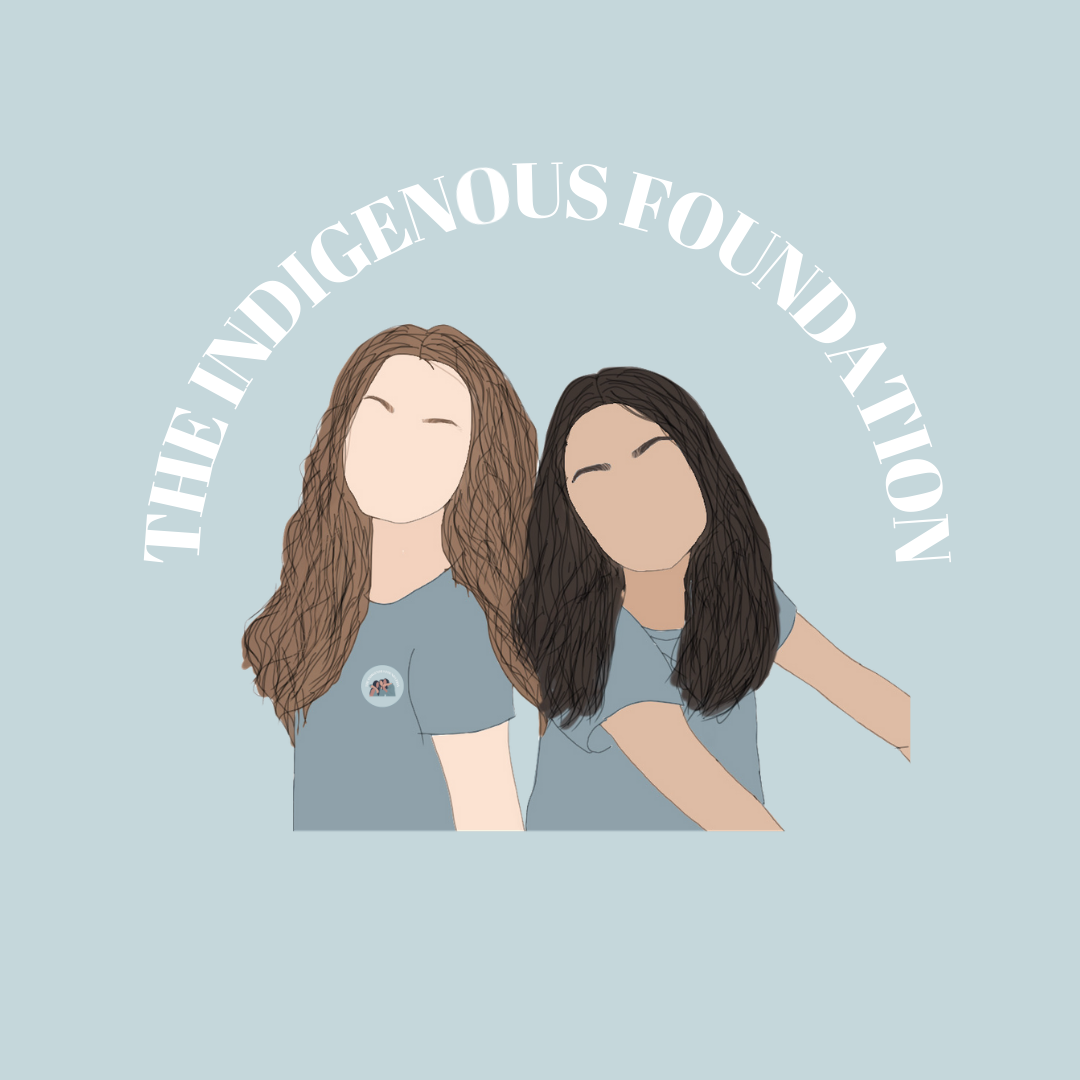Kamloops Residential School- Take Action
What Happened:
Recently, the remains of 215 Indigenous children were found buried at Kamloops Indian Residential School in BC. The Kamloops Indian Residential School was in operation from 1890 to 1969, when the federal government took over to operate it as a residence for a day school. It was shut down in 1978. A potential 74 communities were affected by the residential school system in BC many of whom were historically linked to the Kamloops Indian Residential School.
This once again brings to light the brutality of the residential schools. More than 150,000 Indigenous children were forced to attend these residential schools, and the intergenerational trauma continues to this day. Indigenous communities are still suffering from the impacts of these residential schools.
Actions to Take:
In BC, the KUU-US Crisis Line Society provides a First Nations and Indigenous specific crisis line available 24/7. It can be reached at 1-800-588-8717 or at kuu-uscrisisline.com.
If you are a former residential school student in distress, or have been affected by the residential school system and need help, you can contact the 24-hour Indian Residential Schools Crisis Line: 1-866-925-4419
Start by educating yourself about the land that you occupy, check out native-land.ca. The app and website displays colourful territorial divisions, land treaties and languages on an interactive map.
Donate to the Indian Residential School Survivors Society which has been providing services to residential school survivors. You can donate through here: https://www.irsss.ca/donate
Orange Shirt Society is a BC based group that aims to educate people on intergenerational impacts of residential schools. Donate at https://www.orangeshirtday.org/orange-shirt-society.html
The Tsow-Tun Le Lum Society works with residential school survivors and provides outreach and cultural support. They also provide a toll free line that Indigenous people in crisis or needing support can call at 1-888-403-3123. Donate at https://www.tsowtunlelum.org/resources/donate/
Canadian Roots Exchange is a youth led organization focused on bridging the gap between Indigenous and non-Indigenous groups. Visit them at https://canadianroots.ca/monetary-donations/
Supporting Residential School Survivors
The work to identify these missing children will require comparing sources such as oral history, church records, records from local authorities and lists of children who may have returned home to their respective communities in one year, but not the next.
While the likelihood of compensation from the Canadian government is low, with pressure from Indigenous groups, allies and advocates, we can collectively fight for the residential school children’s rights, as well as the survivor’s rights.
Compensation should not only be a result of legal obligation but also a moral obligation.
Please understand that recalling and talking about experiences at a residential school is painful, traumatic and intergenerational. It is not the survivor’s or the families of victims’ job to educate and teach the public about this. Do your research. Actively seek out information regarding residential schools. There are people who have been willing to share their stories, research those. It is not mandatory for people and more specifically Indigenous people to share their trauma with you. They may wish to raise awareness without being personally involved. Remember and respect their boundaries.
Hopeful News
While it is not yet announced or official, there is a possibility of approximately $27m being distributed to the Indigenous communities impacted by this specific incident. The funding is proposed to help locate missing children as well as memorializing them.
While this is a step forward, the need for awareness does not stop here.
Sources:
https://www.ctvnews.ca/canada/how-to-support-survivors-of-residential-schools-1.5453277
https://ckpgtoday.ca/2021/06/03/what-people-are-saying-about-the-mmiwg-national-action-plan/
Written by Nudrat Karim and Sena Yenilmez
